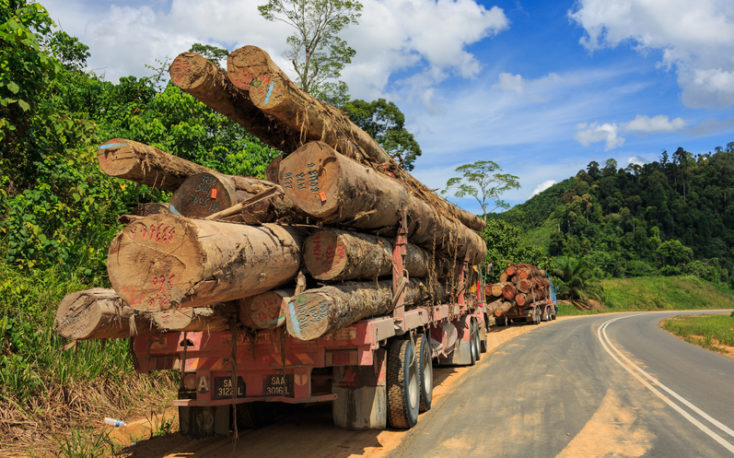In a bid to stimulate the production of timber to the GDP of Central African States, members countries of the Congo Basin have taken the unanimous decision to end the exportation of timber logs from January 1, 2022.
This was the substance of a meeting of Ministers of Forests, Industries and Environment of the Central Economic and Monetary Community CEMAC and the DRC chaired by Jules Doret Ndongo, Cameroon’s Minister of Forestry and Wildlife on September 18, 2020.
To support this measure, Special Economic Zones (ZES) will be created to set up the 1st, 2nd and 3rd wood processing industries. The SEZ of Nkok, in Gabon, is more than ever a reference. In addition, these ministers validated the decision establishing the Regional Committee for the Sustainable Industrialization of the Timber Sector in the Congo Basin (Crib) as well as the regulation on the development of forest plantations.
Also, the Council of Ministers validated the decision on regulations designating the International Higher School of Agriculture and Wood Trades (Esiamb) as a sub-regional university institution dedicated to professional training in wood trades.
At the end of the meeting, the sectoral ministers recommended the adoption of these decisions to the Council of Ministers of the Central African Economic Union, in order to make them community acts.
Ultimately, the sub-region would achieve harmonized forestry taxation. To this end, the ministers recommended to the Cemac Commission (Cameroon, Central African Republic, Congo, Gabon, Equatorial Guinea and Chad) to draw up guidelines on forestry taxation that countries should incorporate into their national legislation.






Leave a Reply